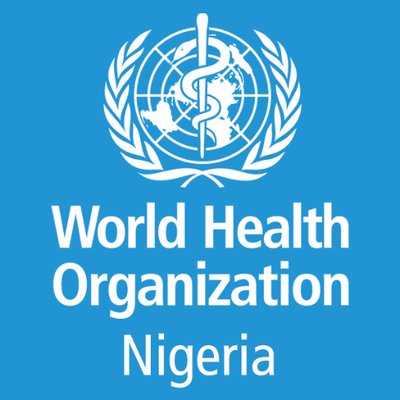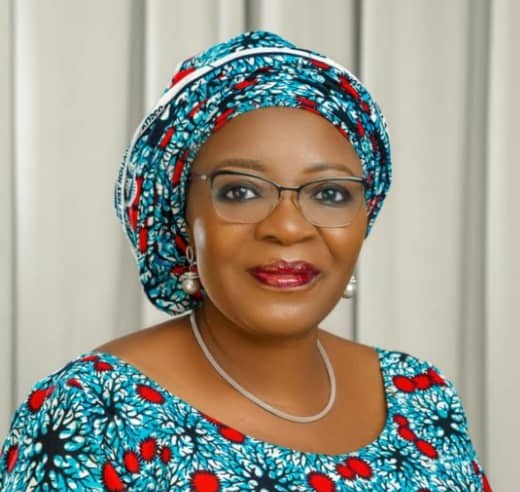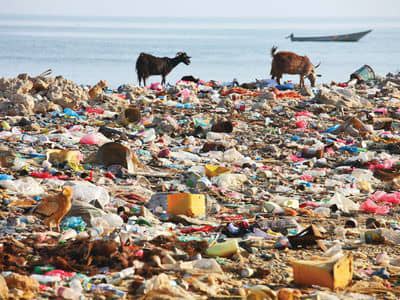WHO Calls for Immediate Action to Combat Climate Change in Nigeria

By Fatima Saka
The World Health Organization (WHO) has sounded the alarm on the pressing need for Nigeria to take significant action against climate change, warning that up to 21% of the nation’s future disease burden could be linked to climate-related issues.
Dr. Walter Kazadi Mulombo, WHO’s Head of Mission and Country Representative in Nigeria, emphasized this during the closing session of the Joint Annual Review (JAR) held in Abuja on Friday.
“Rising temperatures, extreme weather events, and shifting disease patterns are already straining health systems and threatening the well-being of vulnerable populations,” Dr. Mulombo stated.
The WHO representative highlighted the 2024 Climate Health Vulnerability and Adaptation Assessment Report as evidence of Nigeria’s commitment to tackling the health implications of climate change.
He called the report “a precursor for action to advance health in all policies” and an assurance that collaboration between partners and the government is unified through a single plan, known as SWAP (Single Work and Planning).
WHO’s pivotal role in facilitating Nigeria’s first Health Sector Commitment to a Sustainable and Climate-Resilient Health System in 2021 marked a significant milestone. This commitment aligned Nigeria’s health priorities with the Paris Agreement and the COP26 Health Programme, laying the groundwork for resilient health systems capable of withstanding climate impacts.
“WHO is proud to have partnered with the Nigerian government, the Foreign, Commonwealth & Development Office (FCDO), the World Bank, and UNICEF in supporting key climate-health initiatives,” Dr. Mulombo added.
“Together with the Federal Ministry of Health and Social Welfare and FCDO, WHO contributed to finalizing the Climate Vulnerability and Adaptation (VA) Report, which will inform Nigeria’s Health National Adaptation Plan (HNAP) and guide future health policies to enhance resilience against climate risks.”
WHO and its partners have trained over 382 health workers and climate-health officers across Nigeria’s 36 states and the Federal Capital Territory.
WHO further revealed its partnership with the UN Environment Programme (UNEP) on a 2018 regional mission to address the severe issue of black soot pollution in Port Harcourt, laying the groundwork for sub-national climate-health initiatives.
“Investing in climate-resilient health systems is essential for Nigeria’s future. WHO remains committed to supporting Nigeria in building a stronger, more resilient health system capable of protecting its citizens from climate-related health threats. Together, we can secure a healthier future for all Nigerians,”Dr. Mulombo.





